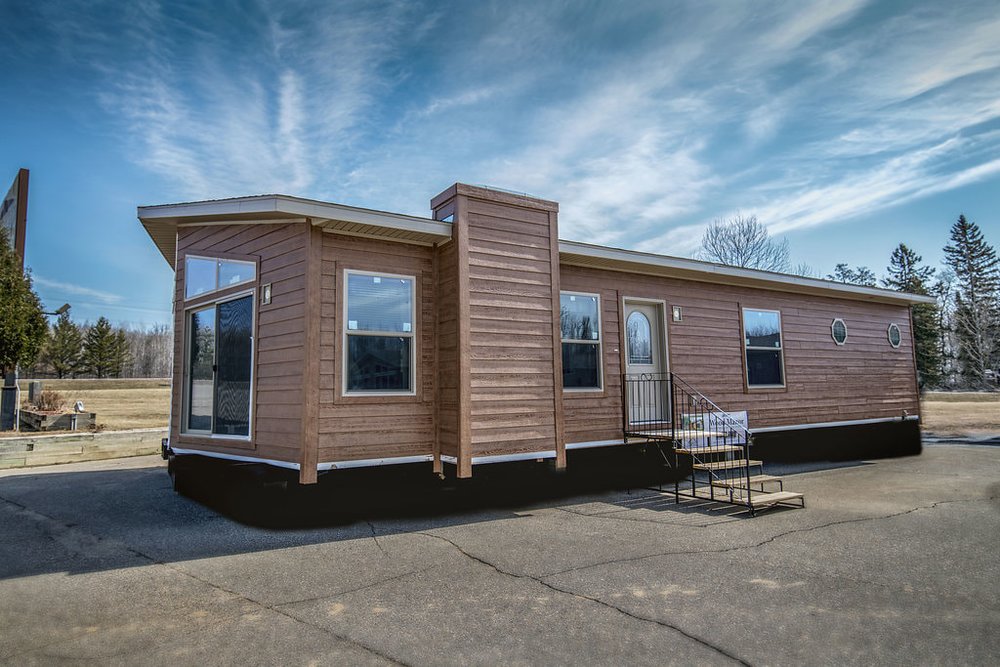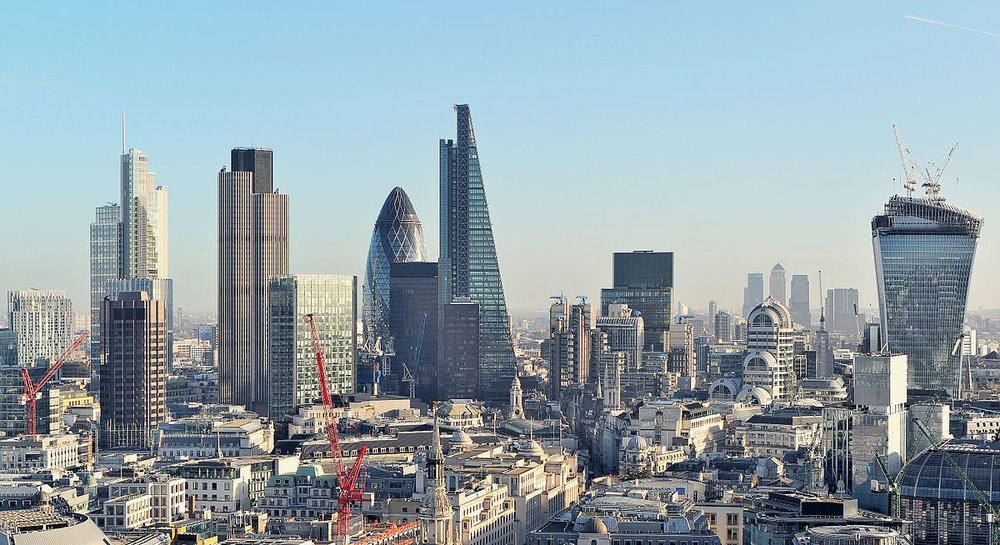Real estate over time has remained a great investment due to its appreciating value, especially in urbanized locations.
However, now with an exchange rate that is quite favourably positioned for NRIs (Non-Resident Indians), as the rupee continues to depreciate against the US dollar, to make an investment in India, the real estate market in the country has become a seriously profitable investment opportunity.
An Increasingly Developed Industry
Although, in the past, the real estate industry did pose certain threats especially for foreign investors, in terms of possession of the property after purchase or pertaining to its development time, thanks to new laws like the Real Estate (Regulation and Development) Act of 2016 and also with the introduction of more secure financial channels like escrow accounts, investor confidence has certainly grown with increased transparency in the real estate industry.

Now is the time for Indian developers to shift all their focus on Indians living abroad and attract their attention to the real estate market in India, and we will definitely see that at the India Real Estate Show of 2018. The show is being organized by the news company Khaleej Times in collaboration with Indiabulls Home Loans and is scheduled to be held during the last weekend of October 2018 in Dubai.
Experts Are Calling It The Perfect Time
According to the Vice-Chairman as well as the Managing Director of Sobha Limited, J.C. Sharma, his company has witnessed a surge in the enquiries being made by NRIs regarding real estate investment in the country, especially after the depreciation of the rupee against the dollar.
Sobha Limited is a real estate development company in India with its head office in the city of Bangalore. Mr. Sharma is also of the opinion that, as the country enters into a time of celebration, with Diwali just around the corner, it is the perfect time for real estate developers to offer attractive discounts to provide additional incentive to invest.

Managing Director Adarsh Jatia of Provenance Land, the company behind Four Seasons, has rightfully highlighted that the NRIs have developed a more conservative nature when it comes to making an investment of any kind. However, they are always on the lookout for an investment that is aligned with their risk appetite as well as sufficiently promises a high enough return that justifies the associated level of risk. As the rupee falls against the dollar, these investments are gaining the attention of even the most conservative of the NRI investors.
Prashant Bindal, the Chief Sales Officer of Lodha Group, believes that if enough credibility of an investment is ensured, combined with sufficient assurance that a developer has the necessary ability to deliver the product as promised, then NRIs feel comfortable enough to make an investment.
Bindal divides their consumer behaviour in two categories: one being those who plan on settling back in India having already lived abroad for a few years, and hence prefer affordable housing in which they can live permanently in the future, and the other segment is of those who plan on living abroad permanently and only want a house which they can use on and off when they visit India, and hence NRIs in this category invest in the luxury real estate segment, usually purchasing property in Mumbai.

A Fast-Growing Market
There is no doubt that the real estate market in India is growing at an exponential rate. Recently a study was conducted by the audit firm KPMG in collaboration with Google called Indian Brands Going Global, and they found that in 2017 alone, NRIs invested around $11.5 billion in the real estate market of the country.
If current market trends and growth continue till 2022, then the study estimates this NRI investment to grow to around $25.7 billion in 2022. Since a large population of Indians live in the UAE, around 20% of this investment is expected to come from them.
This means that the cities of Bengaluru, Chennai, Ahmedabad, Mumbai, and Pune, among a few others, which are known for being the cities of choice for NRIs, will see a surge in demand for real estate in the years to come, at least until the value of the rupee continues to depreciate.





